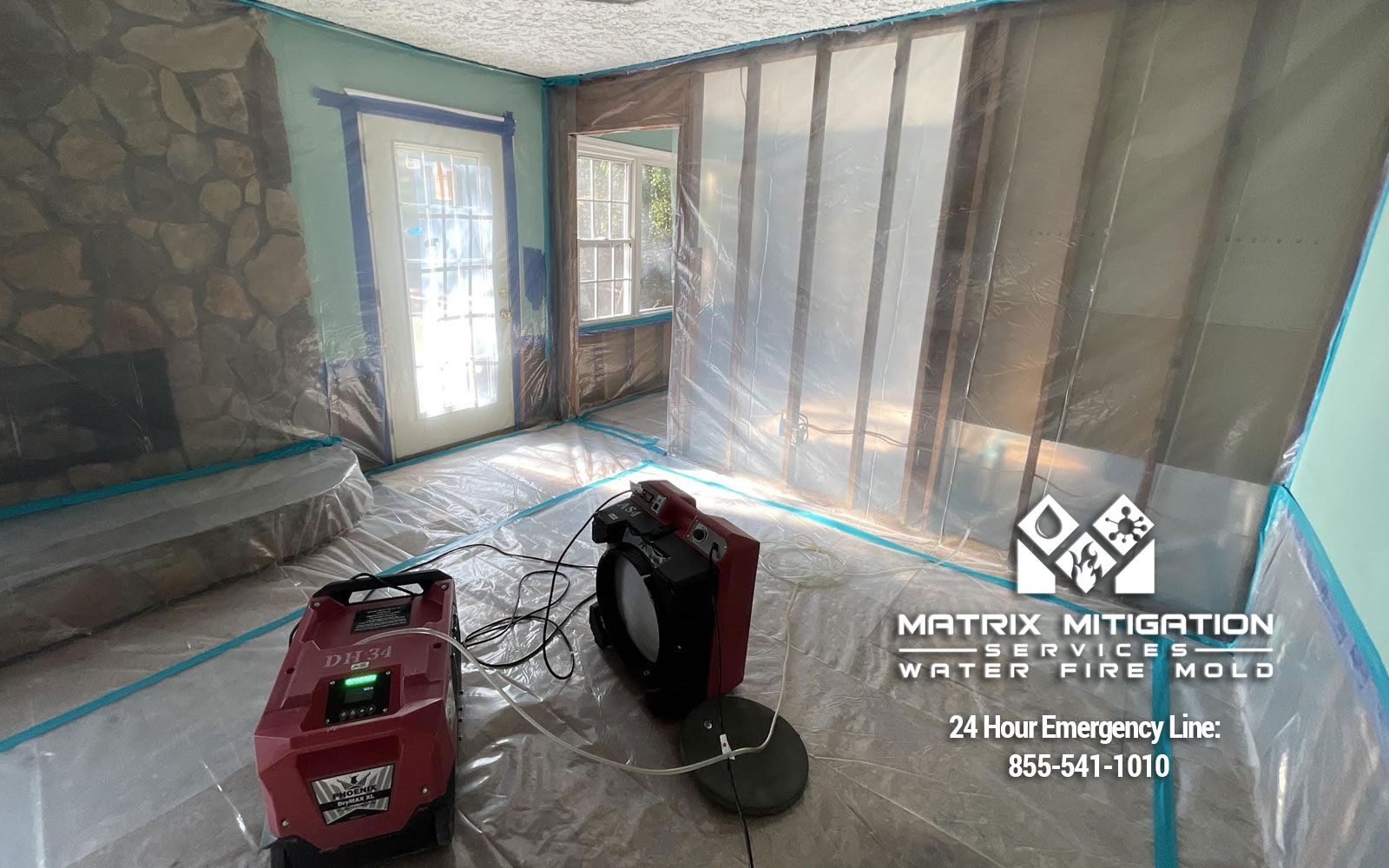Sewage backup in your home can be more than just an unpleasant inconvenience; it represents a serious health hazard, requiring immediate and professional attention. Homeowners in Georgia might face this daunting issue due to several underlying causes, including blockages, tree root intrusions, or even flooding. This article aims to educate homeowners on the causes of sewage backup, the risks involved, and the critical steps to take when faced with such a situation.

Identifying the Causes of Sewage Backup
Understanding the root causes of a sewage backup is the first step in preventing future occurrences. Here are some common triggers:
Blockages: A major blockage can occur when non-soluble materials like plastics, cotton swabs, or excessive toilet paper clog the waste line, preventing sewage from flowing correctly.
Tree Root Intrusion: During drier months, tree roots may extend into the ground in search of water, potentially piercing and blocking sewer pipes, especially in older homes with metal piping.
Flooding: Floods can cause water pressure fluctuations, leading to sewer line backflows. Both water lines and sewer lines are susceptible to ruptures under these conditions.
Preventing and Responding to Sewage Backup in Your Georgia Home
The Risks Associated with Sewage Backup
A sewage backup does not just damage your property; it poses significant health risks by contaminating your home with hazardous waste. It’s crucial to understand that while the structure of your home can often be salvaged and sanitized, most belongings that come into contact with sewage will likely be irrecoverable due to the health threats they pose.
Professional Cleanup: Why It’s Essential
The cleanup process after a sewage backup is not a task for the untrained. Here’s why professional intervention is vital:
Health and Safety: Experts equipped with protective gear and industry-grade cleaning tools can safely remove hazardous waste, significantly reducing the risk of health issues.
Effective Sanitization: Professionals have the necessary equipment and expertise to thoroughly clean and sanitize your home, making it safe for habitation.
Immediate Steps for Homeowners
If you’re facing a sewage backup, taking prompt action can help mitigate the damage and protect your family’s health:
Safety First: Evacuate vulnerable individuals, including children, the elderly, and pets, to a safe location.
Shut Off Utilities: Contact utility companies to shut off power and water if necessary, especially if the sewage spill is extensive.
Ventilate the Area: Open windows to allow fresh air in, helping to reduce odors and potential fume hazards.
Secure Undamaged Belongings: Remove and protect items that have not been contaminated.
Document the Damage: Take photos and videos of the affected areas for insurance purposes. Documentation is crucial for claim processing.
Avoid DIY Cleanup: Due to the health risks involved, do-it-yourself sewage cleanup is not recommended. Professional services are equipped to handle the hazards and ensure a thorough clean.
Sewage backup is a serious issue that requires immediate attention and professional handling. By understanding the causes, risks, and necessary steps to take during such emergencies, homeowners in Georgia can better protect their homes and health. Remember, in the event of a sewage backup, prioritizing safety and seeking professional cleanup services is paramount. This approach ensures not just the immediate cleanup but also the long-term safety and sanitation of your home environment.
Learn more about sewage backup professional services
